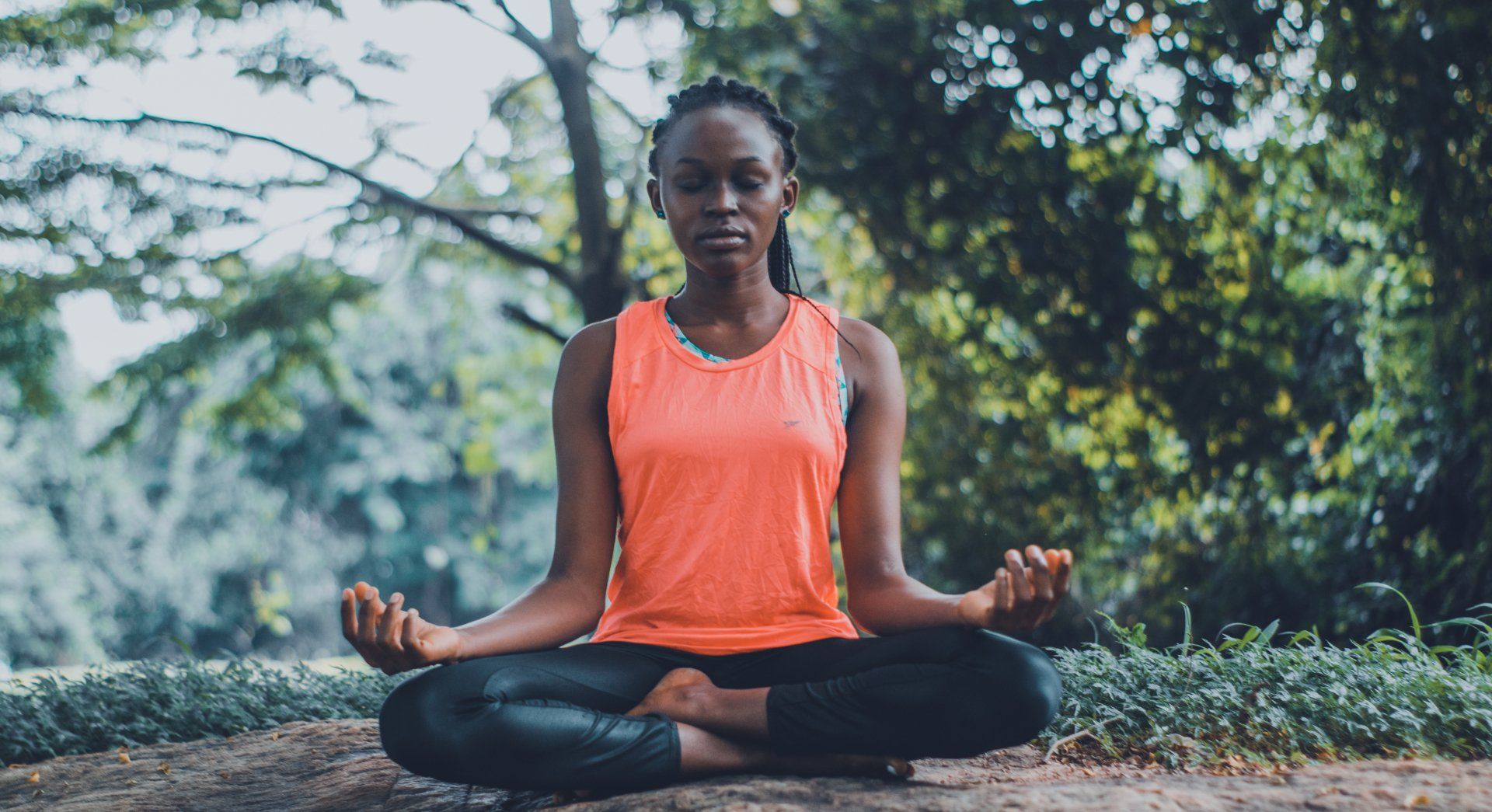5 Morning Habits for Lower Blood Sugar
For most people, hypertension (or high blood pressure) doesn't come with warning signs. The only way you'd know you have it is through a blood pressure reading. But over time, high blood pressure that's left unchecked can damage different parts of your body, including your arteries, heart, brain, kidneys, eyes and more, according to the Mayo Clinic.
Fortunately, there are lifestyle changes you can make to help lower your blood pressure naturally. "Trying these changes in the morning — when your pressure begins to rise, even before you wake — is a particularly good time to start," says John Higgins, MD, a sports cardiologist with McGovern Medical School at UTHealth in Houston.
Morning is also the time when cardiac events like stroke or heart attack are more likely to happen. Sometimes, these heart problems can be brought on, in part, by an elevated morning blood pressure.
Here, learn the best morning habits to lower blood pressure — whether you've been diagnosed with hypertension or are just looking to keep your heart healthy.
1. Limit Your Caffeine
Hate to break it to you, but your morning cup of coffee could lead to unhealthily high blood pressure levels — especially if you drink several cups.
This is because caffeine is a stimulant, which can add a pep in your step, but can also spike your blood pressure.
Still, to help keep your morning blood pressure stable, start the day with a cup of decaf, he says. And if you're still craving caffeine, hold off until late morning and stick to a single cup.
2. Eat a Balanced Breakfast
Have a habit of skipping breakfast? Missing this meal can actually have a major effect on your blood pressure.
In fact, skipping breakfast is associated with hypertension in adults, and it's not just when you eat, but what you eat that's equally important. For example, a low-fat yogurt parfait with nuts and fruit is a great, balanced breakfast that promotes better blood pressure for several reasons.
For one, nuts are rich in omega-3s, or healthy fats. Just one cup of nuts (like walnuts, almonds or hazelnuts) daily is linked to a reduction in systolic blood pressure up to 8 mm Hg. Plus, fruits like kiwi, banana and oranges have been associated with lower blood pressure, he says.
3. Skip Sugar
From donuts to pastries and cereal, your favorite breakfast foods may unfortunately be filled with added sugars. And too much sugar can affect your blood pressure.
"Eating sugar — especially high-fructose corn syrup — can affect the pathways in your body related to the hormone aldosterone and the peptide endothelin, which both help regulate blood pressure.
Plus, high blood sugar levels are associated with atherosclerosis (plaque buildup in your arteries), which will lead to stiffer arteries and, eventually, elevations in blood pressure.
To prevent this, limit the amount of added sugar you eat and drink each day. Be especially mindful when eating things like breakfast bars, yogurts and cereals, which often have added sweeteners.
The natural sugars in fruits and vegetables do not raise blood pressure. So feel free to pile your breakfast plate with these nutritious foods.
4. Exercise Regularly
While a strenuous workout will get your heart pumping and temporarily raise your blood pressure readings, exercising in the morning is a great way to support healthy blood pressure overall.
Two and a half hours of moderate-intensity aerobic exercise (or 75 minutes of high-intensity aerobic exercise) and/or strength training for 90 to 150 minutes each week can lower blood pressure as much as 5 mm Hg
5. Meditate in the Morning
Getting your body to relax — especially at the start of the day — can have a positive effect on your blood pressure levels. This can achieved through a meditation practice.
In fact, people with mild hypertension who practice mindfulness-based meditation were found to have reduced systolic and diastolic blood pressure in studies.
One of the reasons meditation works in this instance? Your body is prompted to produce more nitric oxide, which helps widen your blood vessels, thereby lowering blood pressure, per Harvard Health Publishing.
You can use meditation and breathing techniques to lower your blood pressure at any time of day, but morning meditation can be especially helpful to start your day with a sense of calm.
If you're new to meditation, start slow. Try sitting quietly for five minutes in the morning. You can try to work your way up to 20 minutes, but if you don't have time, five minutes will do the trick.
Here are some steps for a mindfulness-based meditation, to promote your body's relaxation response:
- Sit in a quiet place with your eyes closed.
- Relax your muscles and silently repeat a word, phrase, sound or short prayer of your choosing over and over.
- When stray thoughts interfere (as they will), let them come and go and return to your word, phrase or sound.
SHARE THIS POST:
Leave a Comment:
Recent Articles:






Revitalize Your Health Now!
Take the first step towards a vibrant life. Schedule your consultation today and let Eaton Chiropractic transform your well-being. Your journey to health starts here!





